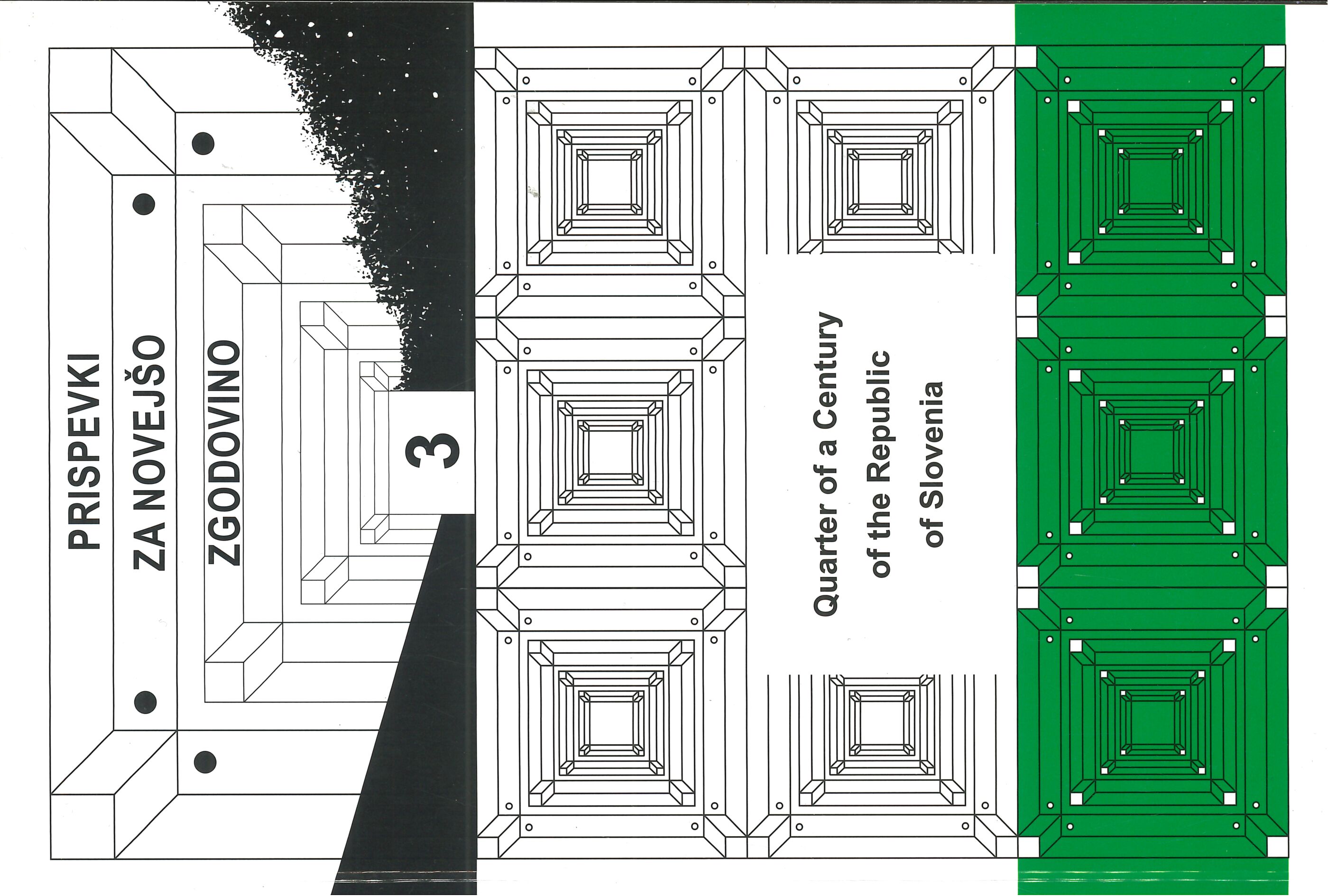Attainment of Slovenian Independence and Sport
DOI:
https://doi.org/10.51663/pnz.56.3.05Keywords:
sport, independence, Slovenia, Slovenian Olympic CommitteeAbstract
During the second half of the 19th and then in the 20th century, sport has become an integral part of the Slovenian national essence and culture. It is true that for a long time the expressions "physical education" and "physical culture" were used as umbrella terms for this social area, while in the organisational sense sport was and remains based on organisation in clubs. In the context of organisation a specific structure had been set up after World War II. At the end of the 1980s the first conceptual and organisational changes were introduced, while with the declaration of the Slovenian independence further changes and entry into the international space were implemented. The following contribution reveals the key moments of pre-independence and the first steps towards the preparation of the independence of sports by means of the Slovenian own Olympic Committee, followed by the declaration of independence in June 1991 and its implications for sport. Then the contribution shortly outlines the dilemmas of sport reorganisation stemming from the political-economic transition and the new relationship between the public and club sport after the independence.
References
E.B. Naša odločitev ni mogla biti drugačna [Our Decision Could Not be Different]. Delo, 4 July 1991.
Giacomelli, Oto. Še ena krepka zaušnica športu [Another Slap in the Face of Sport]. Delo, 2 September 1996.
Giacomelli, Oto. Športni sferi obrobna vloga. Državi primat nad športom [A Marginal Role for the Sphere of Sport. The State Primate over Sport]. Delo, 27 May 1996.
Jarc, Domen. Razvoj športa v občini Domžale med leti 1991–2011: diplomska naloga [Development of Sport in the Domžale Municipality between 1991 and 2011: a diploma paper]. Ljubljana: 2015.
Kocijančič, Janez. Uvodne misli [Introductory Thoughts]. In: Pavlin, Tomaž (ed.). Olimpijski komite Slovenije-Združenje športnih zvez 1991–2011: Športna zgodba, stkana iz dejavnosti tisočev. Ljubljana: OKS-ZŠZ, 2011, introductory unpaginated pages.
Pavlin, Tomaž. Ni pomembno zmagati, pač se dobro boriti ali slovenska olimpijska pot [It is Not Important to Win, but to Put Up a Good Fight or the Slovenian Olympic Path]. In: Podpečnik, Jože (ed.) and Simona Pörš (ed.). Sabljanje, veščina, tradicija, šport: zbornik ob 100-letnici osvojitve srebrne olimpijske medalje Rudolfa Cvetka. Ljubljana: Narodni muzej Slovenije, 2012, pp. 89–101.
Pavlin, Tomaž. Oris razvoja sokolske in partizanske organizacije ter rekreacije na Slovenskem [An Outline of the Development of the Sokol and Partisan Organisation and Recreation in Slovenia]. In: Jakovljević, Miroljub (ed.). Osnove športne rekreacije. Ljubljana: ŠUS, 2013, pp. 1–18.
Pavlin, Tomaž. »Dajati pobudo, priložnost in navad pravilnim telesnim vajam« [Providing the Initiative, Opportunity and Habits for Correct Exercises] (at the 150th anniversary of the establishment of the first Slovenian gymnastic society Južni Sokol). Šport, 3-4, 2013, 33-40.
Petrović, Krešimir, Franci Ambrožič, Boris Sila and Mojca Doupona. Športno rekreativna dejavnost v Sloveniji 1997: primerjalna študija 1992–1997 [Sport and Recreation Activities in Slovenia 1997: a Comparative Study 1992–1997]. Ljubljana: FŠ, 1998.
Šugman, Rajko. Modeli športa v svetu in podržavljanje športa pri nas [Models of Sport Abroad and the Nationalisation of Sport in Slovenia]. In: Vest, Aleks L. (ed.) and Rajko Šugman (ed.). Stanje, odnosi in vrednote v slovenskem športu. Ljubljana, OKS-ZŠZ, 1999, pp. 9–21.
Šugman, Rajko. Prelomno obdobje slovenskega športa 1988–1994: Prispevki za zgodovino slovenskega športa [The Turning Point for the Slovenian Sport 1988–1994: Contributions to the History of Slovenian Sport]. Ljubljana: FŠ, 1999.
Published
Issue
Section
License
Authors who publish with this journal agree to the following terms:
- Authors retain copyright and grant the journal right of first publication with the work simultaneously licensed under a Creative Commons Attribution License that allows others to share the work with an acknowledgement of the work's authorship and initial publication in this journal.
- Authors are able to enter into separate, additional contractual arrangements for the non-exclusive distribution of the journal's published version of the work (e.g., post it to an institutional repository or publish it in a book), with an acknowledgement of its initial publication in this journal.
- Authors are permitted and encouraged to post their work online (e.g., in institutional repositories or on their website) prior to and during the submission process, as it can lead to productive exchanges, as well as earlier and greater citation of published work (See The Effect of Open Access).


